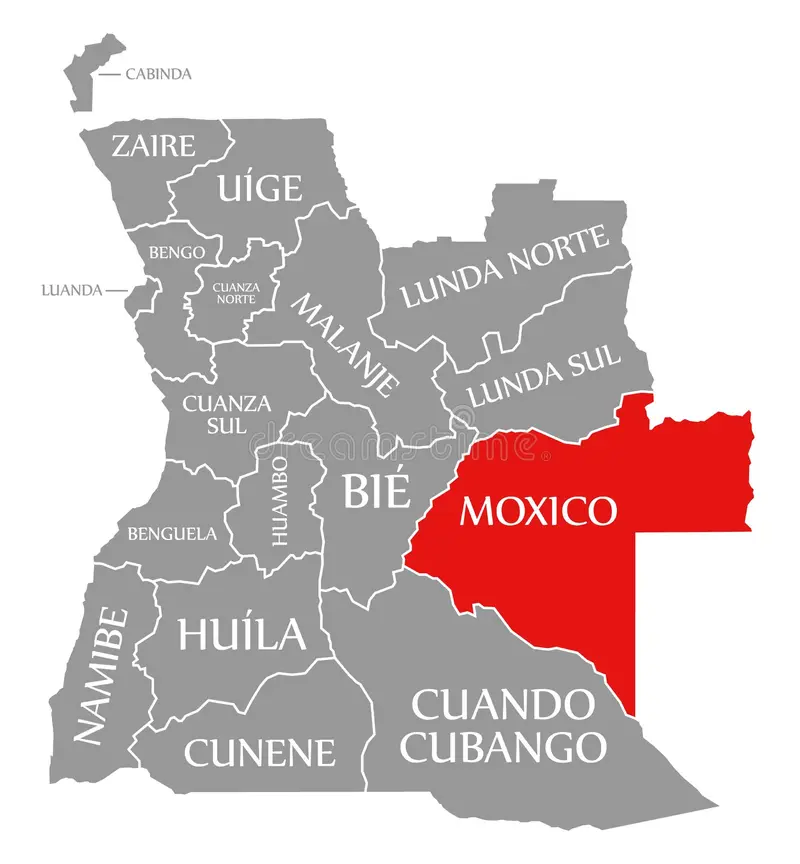A recent study reveals that Moxico and Cuando Cubango in Angola face significant climate risks.
The NGO Mosaiko sponsored the report, presented in Luanda. The research focuses on several municipalities including those in Moxico and Menongue.
The report identifies various environmental threats. These include flooding, droughts, soil erosion, landslides, and pollution, particularly of rivers.
Deforestation stands out as a major issue. The late Bishop of Luena, Tirso Blanco, had criticized reckless logging.
In the past 25 years, the climate has warmed by nearly one degree Celsius. Consequently, the regions are experiencing more extreme weather, especially droughts.
Future projections up to 2100 suggest even more residents will face droughts. Specifically, the municipalities of Moxico and Menongue are at risk.

These climate changes are already impacting agriculture and livestock. As a result, households, notably those led by women, will see reduced income.
Federica Pilia, the study’s presenter, pointed out Angola’s growing climate challenges. In addition to drought, provinces like Namibe, Huíla, and Cunene are experiencing flooding.
Furthermore, Bundas municipality has a high rate of multi-dimensional poverty. This term includes lack of access to education, healthcare, and safe housing.
In Moxico, 65% of communities don’t have clean water, a serious human rights concern.
Finally, Frei Júlio Candeeiro, Director-General of Mosaiko, urged for better environmental laws.
He insisted that more government funds should support environmental efforts. The European Union and Portugal’s Camões Institute financially backed the study.
Background
The study’s findings are a wake-up call for both Angola’s government and international organizations.
Immediate action is essential to mitigate climate risks. A focus on Moxico and Cuando Cubango becomes crucial. These regions are already vulnerable due to economic and social issues.
The study could also impact Angola’s foreign relations. Cooperation with neighboring countries and international organizations may be the key to combating climate change.
The European Union’s involvement is promising. It could signal a stronger international commitment to environmental issues in Africa.

